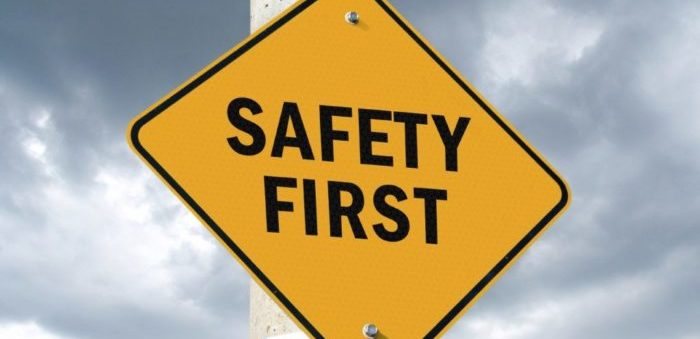The Maritime Union of New Zealand announced that it welcomes the decision by Ports of Auckland to stop releasing methyl bromide emissions into the air. The move to fully recapture the toxic gas after fumigation sets a new benchmark for industry best practice. Methyl bromide, linked to motor neurone disease and harmful to the ozone layer, is used to kill insects in logs before export.
The Maritime Union continues to call for a total ban on the use of methyl bromide. MUNZ National Secretary Joe Fleetwood says the decision is an example of what publicly owned ports can deliver, if and when they prioritize community interests.
“We will continue the campaign to stop rogue employers exposing people to methyl bromide for another decade if need be,” says Mr Fleetwood. “Eliminating the risk from our ports and communities will save lives.”
After fumigation is complete, the gas can be recaptured and turned into a disposable salt. However, some ports instead release the toxic fumes into air, endangering workers and nearby communities.
Maritime Union members working in New Zealand ports that use the fumigant have voiced serious concerns, fearing their employers are not taking health and safety seriously around methyl bromide.
In the Port of Tauranga there is a 200 metre buffer zone put in place during cruise ships visits to protect the tourists. Port workers, by contrast, are expected to conduct ‘normal operations’ as close as five metres away from the toxic gas.
MUNZ members describe coughing, light headedness and nasal congestion during gas release, despite being told they were out of range and in no danger of exposure.
The union believes unnecessary rivalry between publicly-owned ports is undermining best practice standards, and driving a race to the bottom in the industry.
“The Government must not allow best practice in some ports to be undermined elsewhere,” says Mr Fleetwood. “If Wellington and Auckland can do the right thing, all ports must.”


































































